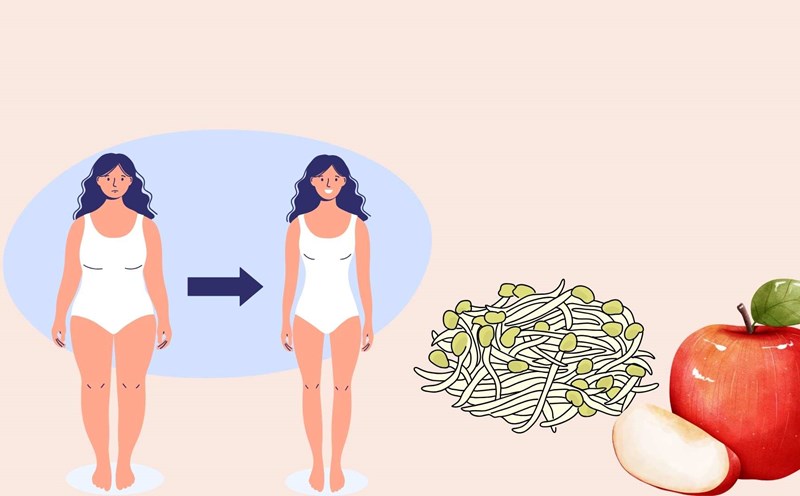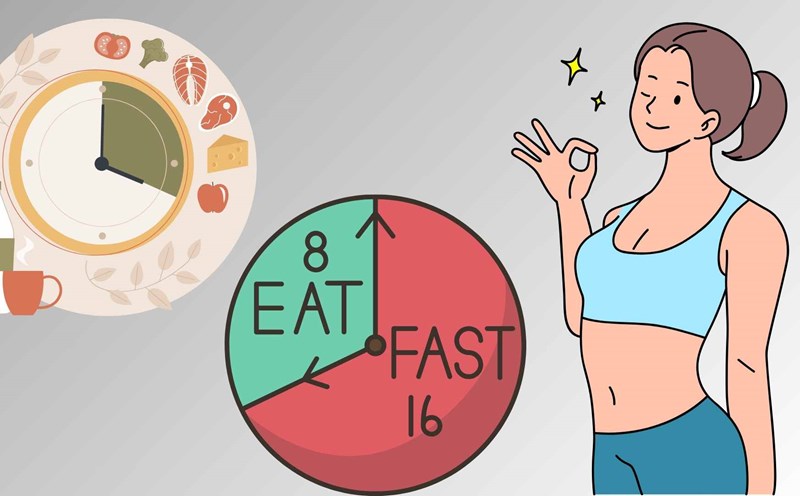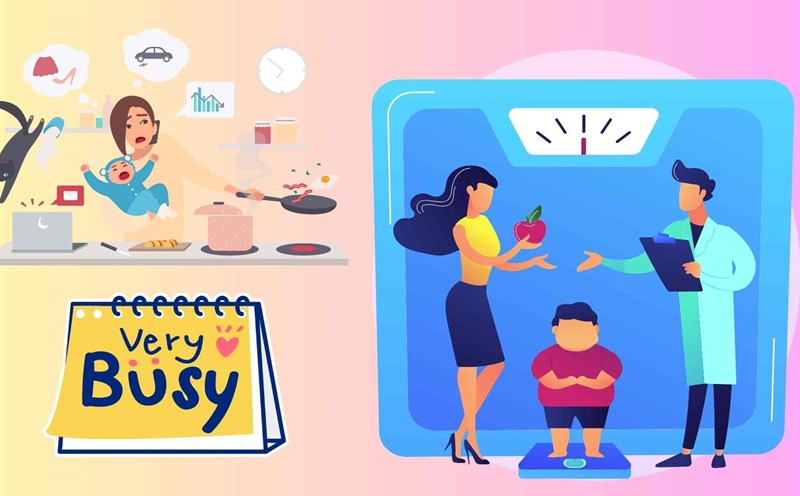Eat slowly, chew thoroughly
To activate cells that detect nutrients in the end of the small intestine, you should eat slowly and chew thoroughly. Chew each piece at least 20 times, then move to the other side of your mouth to chew a few more times before swallowing. This not only aids digestion but also helps the body secrete the hormone GLP-1 more effectively - an important hormone in controlling satiety and blood sugar.
Limit ultra-processed foods
Super processed foods such as carbonated soft drinks, instant noodles, French fries, cookies... often contain refined starch, sugar, salt and additives. They are high in calories but low in fiber, not creating a feeling of fullness when entering the stomach and intestines, so it is difficult to stimulate the body to secrete GLP-1. These foods cause blood sugar to rise rapidly, and the body has eaten too much before it can signal fullness.
Eat in the right order
According to a study published in the journal Nutrients (2022), the order of eating greatly affects the secretion of GLP-1. Eating protein and vegetables first and then eating starch helps increase the amount of GLP-1 produced in meals, thereby supporting the control of blood sugar after eating and preventing overeating.
Supplementing nutrients to promote GLP-1 secretion
Some natural compounds that can stimulate GLP-1 secretion include: resveratrol, quercetin, curcumin, plant compounds in green tea, soy protein, and ginseng.
Because the intestines have receptors sensitive to bitter taste, ingredients such as cinnamon and royal poinciana root are also thought to stimulate GLP-1 production.
Nourishing a healthy gut bacteria
The gut microbiome plays an essential role in the secretion of GLP-1. A healthy bacteria system that improves digestive function and enhances hormone response.
Supplementing fiber and probiotics from foods such as vegetables, fruits, yogurt, kimchi... will nourish beneficial bacteria, thereby effectively supporting the GLP-1 secretion process and maintaining a natural feeling of fullness.










